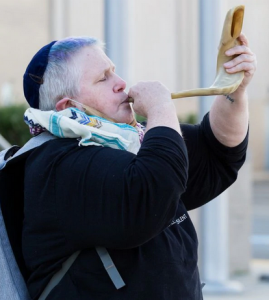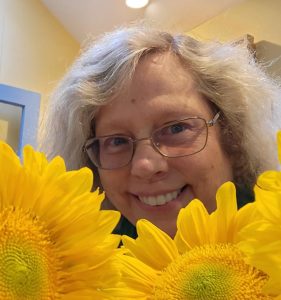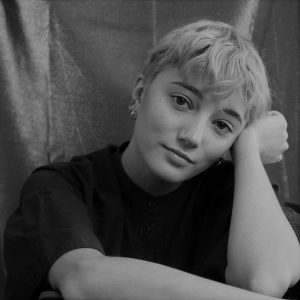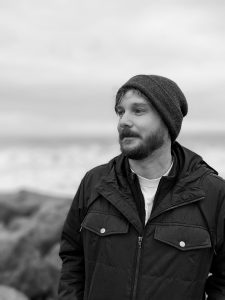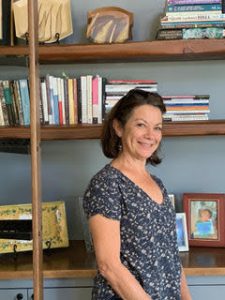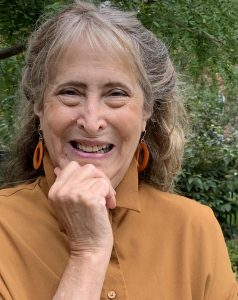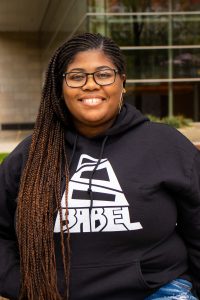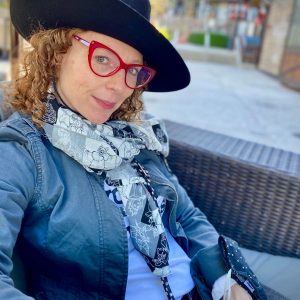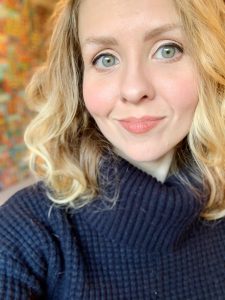
At the park a birthday picnic glitters
safe as a mirage: soap bubbles float slow
past the Speedo-clad neighbor’s languid sprawl
beneath tinkling pop acoustic covers,
past the silver island of cone-capped guests
as rippling streamers breezily announce
another year gone, and what can they do
but mock the bottle’s label as they toast
one last livable, sour-tongued month of heat?
From a passing window, the driver sings
a PSA: “don’t be no fool baby”
as boys spring launch tests off benches, turn sticks
to scepters hurled skyward as sister bolts
after them, a chain of vectors flashing
as a toddler in a flowered smock learns
to ride the rafts of her father’s feet raised
wave by wave, her open face exposed and
sunlit, helped and helpless, arms held up
Alexa Smith is a poet and essayist from Washington D.C. She lives in Philadelphia, where she works for a local textbook publisher, edits Apiary Magazine, and teaches creative writing at Temple University. Her work has appeared online in Entropy, Interim, Memoir Mixtapes, Peach Mag, Dark Wood, and STELLA Radio.
